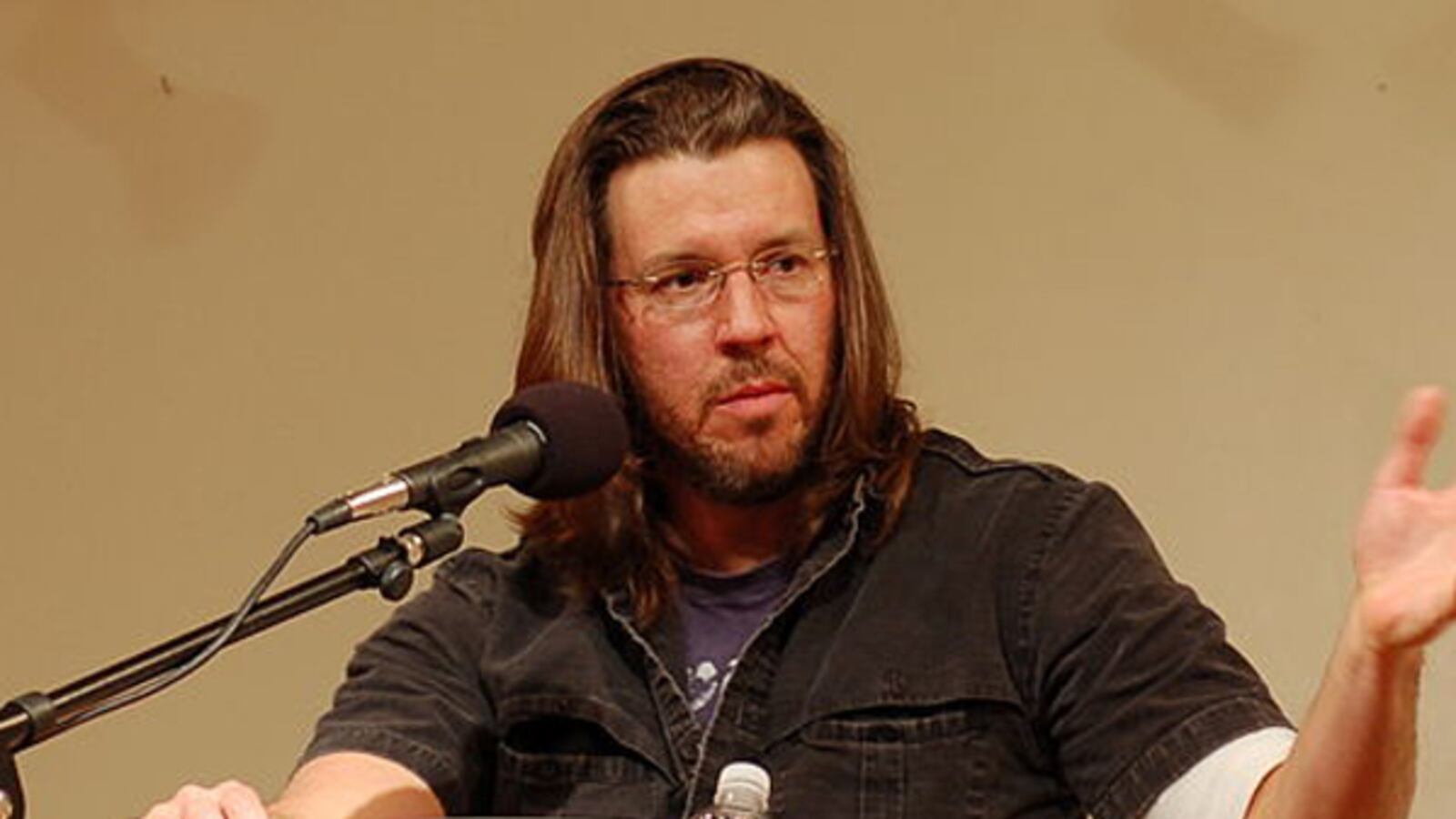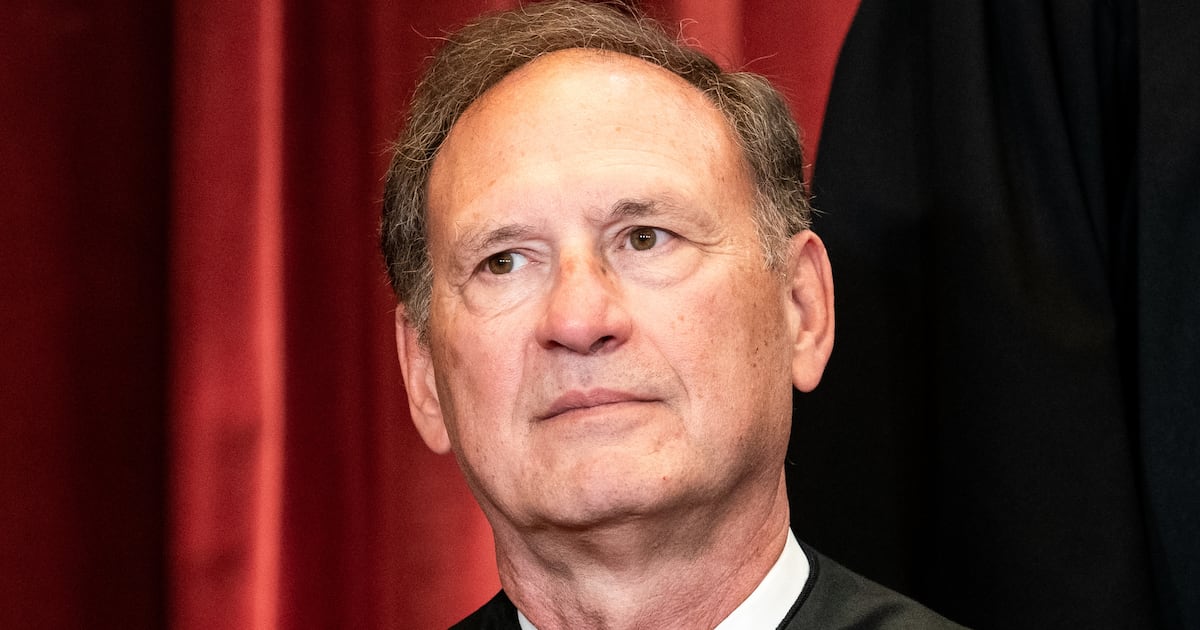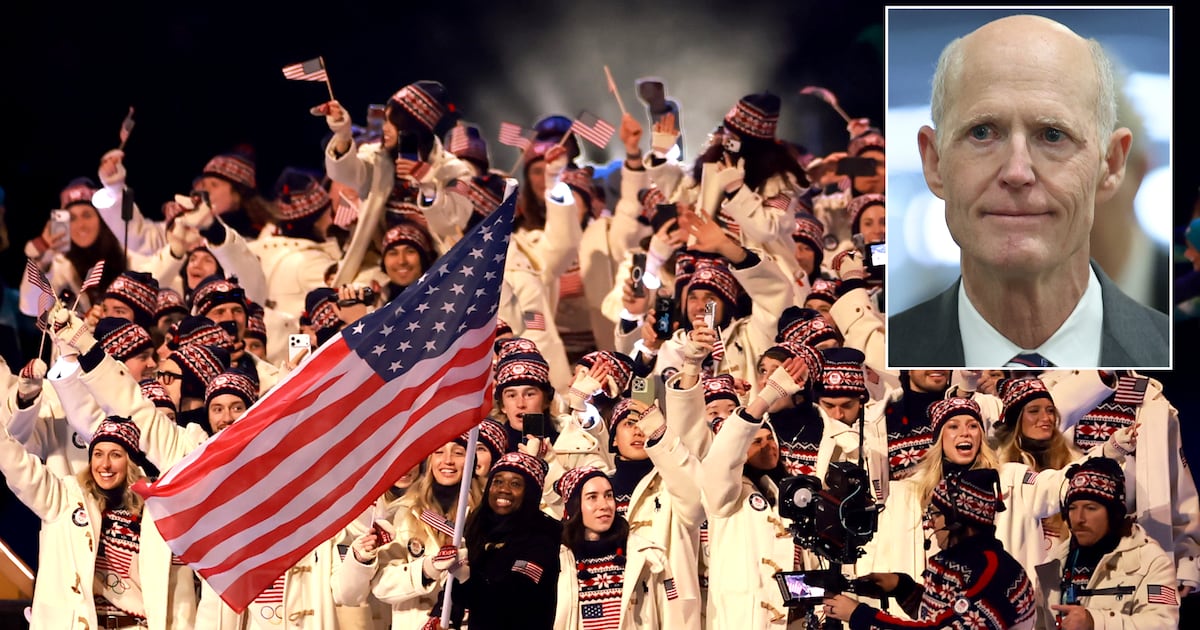One of the harmful clichés of modern life is the exhortation to be nonjudgmental. Judgment is essential to the improvement of the world, the protection of the good, and the destruction of the bad. The responsibility of a freethinking adult is to learn how to make the right judgment. To demonize judgment as some reactionary and hypocritical move made by bullheaded fools is to betray the vocation of democracy and surrender it to those too eager to judge—bigots and demagogues in love with the sound of their own voices.

David Foster Wallace wasn’t perfect, though he was immensely admirable. And he wasn’t always right, though he was brilliant. But his essays show a man struggling to figure out the complexities of discernment and judgment. He labored through arguments that were as challenging as they were delightful to read, and fought to fairly balance competing conceptions of the good, and win the ethical struggle to make the right choices. It isn’t merely wonderful writing. It is a model of adult citizenship.
The sad circumstances of Wallace’s death can lead one to put him above criticism. One has to be careful not to descend into a mess of hagiography. Wallace was, at times, too postmodern in technique. The reliance on gimmickry was occasionally self-defeating. In Consider the Lobster, his second collection of essays, he writes about the weeks he spent with a right-wing talk-radio host in Southern California, and positions the paragraphs in boxes. An arrow directs readers to what paragraph he’d like them to read next. Sometimes the reader is led to the next page, then back again. Wallace believes combining politics and journalism with entertainment and commerce obfuscate the truth and makes the search for fact treacherous and onerous, but he likely lost more readers than he gained with that essay. A writer of his skill could have found a way to make his point in a less punitive way.
In his new collection of essays, Both Flesh and Not, he is at the top of his game when analyzing the tennis great Roger Federer. He considers the beauty of athleticism and wonders if it is proof of the existence of some divinity. He prevents himself from backhanding into cheap sentimentality by consistently referring back to a young boy, diagnosed with terminal cancer, who was given a role in the opening ceremony of the Wimbledon tournament that is Wallace’s setting for the essay. He considers it a privilege to be alive to watch beauty and excellence, but realizes that the dying boy is a witness who won’t be alive much longer. Whatever “deity or random genetic flux [that] produces sick children also produced Roger Federer, and just look at him down there.” That’s the crux of the essay, the “religious experience of Roger Federer.” The problem is that Wallace buries this in a long footnote that also contains a play-by-play of a particularly dramatic and impressive rally between Federer and rival Rafael Nadal.
In Both Flesh and Not he writes a 50-page essay on David Markson’s novel Wittgenstein’s Mistress. In it, Wallace is candid about his chief motivation to write: “It’s what an abstractor like Laing calls ‘ontological insecurity’—why we sign our stuff, impose it on friends, mail it out in brown manila trying to get printed. ‘I EXIST’ is the signal that throbs under most voluntary writing—and all good writing.” Wallace claims Markson’s novel illustrates the theory of “ontological insecurity” better than most fiction. However, he isn’t satisfied with stating his argument and defending it. He goes on to reiterate the same idea using footnotes, magnetically close readings of Markson’s text, and wider, loosely related commentary. It is exhausting.
In one of the best recent essays on human sexuality, “Back in New Fire,” he writes that the only (if any) good to come from the AIDS crisis may be that it is a new dragon. Recalling the old fairy tale about the prince slaying a dragon to secure the love and sexual reward of his princess, he posits that what makes sex truly valuable and pleasurable are the prices you pay. “Historically, human sexuality has been a deadly serious business—and the fiercer its dragons, the seriouser sex got; and the higher the price of choice, the higher the erotic voltage surrounding what people chose.” The fantastical nature of myths and fairy tales may make them seem far from reality, but they are told in the hope that the listeners will apply deeper meanings to reality. That is what Wallace does when he uses the old fairy tale to present the argument that reckoning with the AIDS tragedy could reinvigorate sex with the higher stakes necessary for people to take it seriously.
“Back in New Fire” is Wallace near his nonfiction best. His ability to surprise and give the reader a sense of intellectual discovery is on display. In an age when most writers allow readers to finish their predictable sentences for them, Wallace made you audibly gasp and wonder if you just read what you read, and damn yourself for missing something so deceptively obvious. The most profound truths are often the simplest ones, and Wallace was a genius at revealing the simplicity of profundity.
Wallace’s best in nonfiction came in literary journalism. In the collection of interviews called Conversations With David Foster Wallace, he admits to exaggerating parts of his personality to give readers a friendly, helpful, and lovable guide through experiences as diverse as the porn awards, a lobster festival, the Illinois State Fair, and the John McCain campaign bus. Wallace was not only a great novelist, but he belongs with Tom Wolfe, Norman Mailer, and Hunter S. Thompson as one of the most talented and intelligent exemplars of “new journalism.”
Wallace’s true values are found in his reportage, and it is there that the most surprising thing about him emerges: Wallace was a traditionalist. He was a regular churchgoer, and once claimed that The Screwtape Letters by C.S. Lewis was his all-time favorite book. Wallace wasn’t a Fox News Republican, but he was an old-fashioned man who believed in limits on such things as consumption and sex. He prioritized spiritual values and humanistic principles above market forces and hedonistic impulses. With experimental style, Wallace attempted to encourage an intellectual commitment that Christopher Lasch defended and President Carter famously advocated in his “malaise” speech of 1979.
In Both Flesh and Not, Wallace the junior tennis pro reports on “Democracy and Commerce at the U.S. Open.” The essay is about the internal conflict and external cooperation between the first two subjects in the title. Wallace considers Pete Sampras a “democratic” player—chaotic and human in his attempt to figure out “what his will actually is.” But commercial forces transfigure democracy in the stadium. All the big companies have already made their deals—endorsements, concessions, etc.—and those deals seem to control and compromise the entire event. Smaller companies and entrepreneurial individuals hawk their wares whenever and wherever they can. Wallace isn’t aghast at any of this, because it is so predictable. America isn’t so much a country as it is a giant marketplace. But he does lament it. Most notably, he also visits with a ticket-taker who finds the entire spectacle of mass consumption imposed on a democratically qualifiable tennis tournament a little sick.
It is far less sick than what Wallace observes at the Adult Video News awards in his essay called “Big Red Son.” It opens the collection Consider The Lobster, and of all his nonfiction, it is his smartest, funniest, and toughest. Wallace interviews porn writers, directors, and fans in attempt to measure the loss of what happens when sexuality is turned into cheap entertainment. He finds that it dehumanizes both viewers and performers, and worries about the direction of “adult entertainment” after finding that increasingly violent and misogynistic porn is the highest-selling and most downloaded. Similar to the U.S. Open correspondence, the essay bemoans how the market manipulates everything, but it also takes a conservative position against the libertine attitude of “anything goes” sexuality. Is there a healthy limit, Wallace asks, and if so, why aren’t we attempting to enforce that border?
“The View From Mrs. Thompson’s,” found in the same collection, defines and describes Wallace’s traditionalism most explicitly. In his account of 9/11 from the small town of Bloomington, Ill., where he lived and taught at the time, he writes about the women with whom he attended church. He sits in Mrs. Thompson’s living room, watching “the horror.” The women, without sound or signal, pray. But none of them are “crude” enough to do it out loud or call for a prayer circle. He finds it hard to be around innocent people, but considers that maybe he should forget, for example, that he believes George W. Bush is an empty suit serving the corporate America, and instead pray that Bush is actually a man of wisdom and statesmanship. “It is good to pray this way, it’s just a bit lonely to have to,” Wallace wrote. “Part of the horror of the Horror was knowing, deep in my heart, that whatever America the men in those planes hated so much was far more my America … than it was these ladies’.”
Wallace knew that his audience was not composed of people like Mrs. Thompson. People like him were his audience—highly educated, cosmopolitan, politically left of center. The key to understanding the work of Wallace is that he was translating traditionalism into the postmodern language of young, liberal America. All of Wallace’s experimental trickery and gimmickry—the footnotes, the bizarrely structured arguments—were a Trojan horse for a traditional message that empowers the individual but maintains fidelity to the democratic notions of the public and common good. Too often liberalism expresses itself in the narrow language of rights, liberty, and individual freedom. When liberal democracy aligns with a rabidly consumerist culture, Wallace was there to ask the simple question: “Just because you can always make more money or advance yourself regardless of the social consequences, should you?” Wallace’s often beautiful but occasionally distracting pyrotechnics make that inquiry no less important.
Irish poet Brendan Kennelly wrote that the “best way to serve your age is to betray it.” David Foster Wallace did exactly that.






